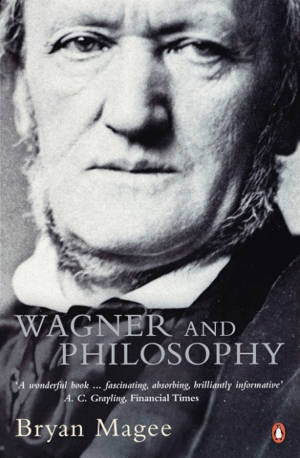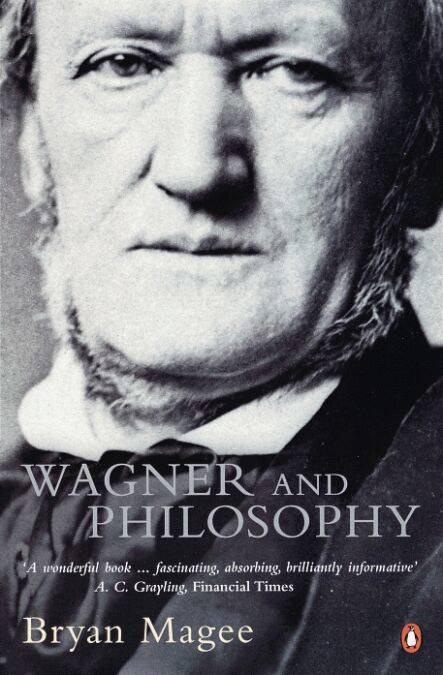
Je cadeautjes zeker op tijd in huis hebben voor de feestdagen? Kom langs in onze winkels en vind het perfecte geschenk!
- Afhalen na 1 uur in een winkel met voorraad
- Gratis thuislevering in België vanaf € 30
- Ruim aanbod met 7 miljoen producten
Je cadeautjes zeker op tijd in huis hebben voor de feestdagen? Kom langs in onze winkels en vind het perfecte geschenk!
- Afhalen na 1 uur in een winkel met voorraad
- Gratis thuislevering in België vanaf € 30
- Ruim aanbod met 7 miljoen producten
Zoeken
Omschrijving
Wagner was one of the few major composers who studied philosophy seriously. Bryan Magee places the composer's artistic development in the context of the philosophy of his age, and gives us the first detailed and comprehensive study of the close links between Wagner and the philosophers - from the pre-Marxist socialists to Feuerbach and Schopenhauer. Magee explores the relationship between words and music, between the conscious and the unconscious mind, between art and philosophy. It tackles soberly and judiciously the Wagner whose paranoia, egocentricity and anti-semitism are repugnant, as well as the Wagner of artistic genius. The resulting text illuminates Wagner and the music-dramas in altogether new ways.
Specificaties
Betrokkenen
- Auteur(s):
- Uitgeverij:
Inhoud
- Aantal bladzijden:
- 432
- Taal:
- Engels
Eigenschappen
- Productcode (EAN):
- 9780141929378
- Verschijningsdatum:
- 5/09/2001
- Uitvoering:
- E-book
- Beveiligd met:
- Adobe DRM
- Formaat:
- ePub

Alleen bij Standaard Boekhandel
+ 10 punten op je klantenkaart van Standaard Boekhandel
Beoordelingen
We publiceren alleen reviews die voldoen aan de voorwaarden voor reviews. Bekijk onze voorwaarden voor reviews.









